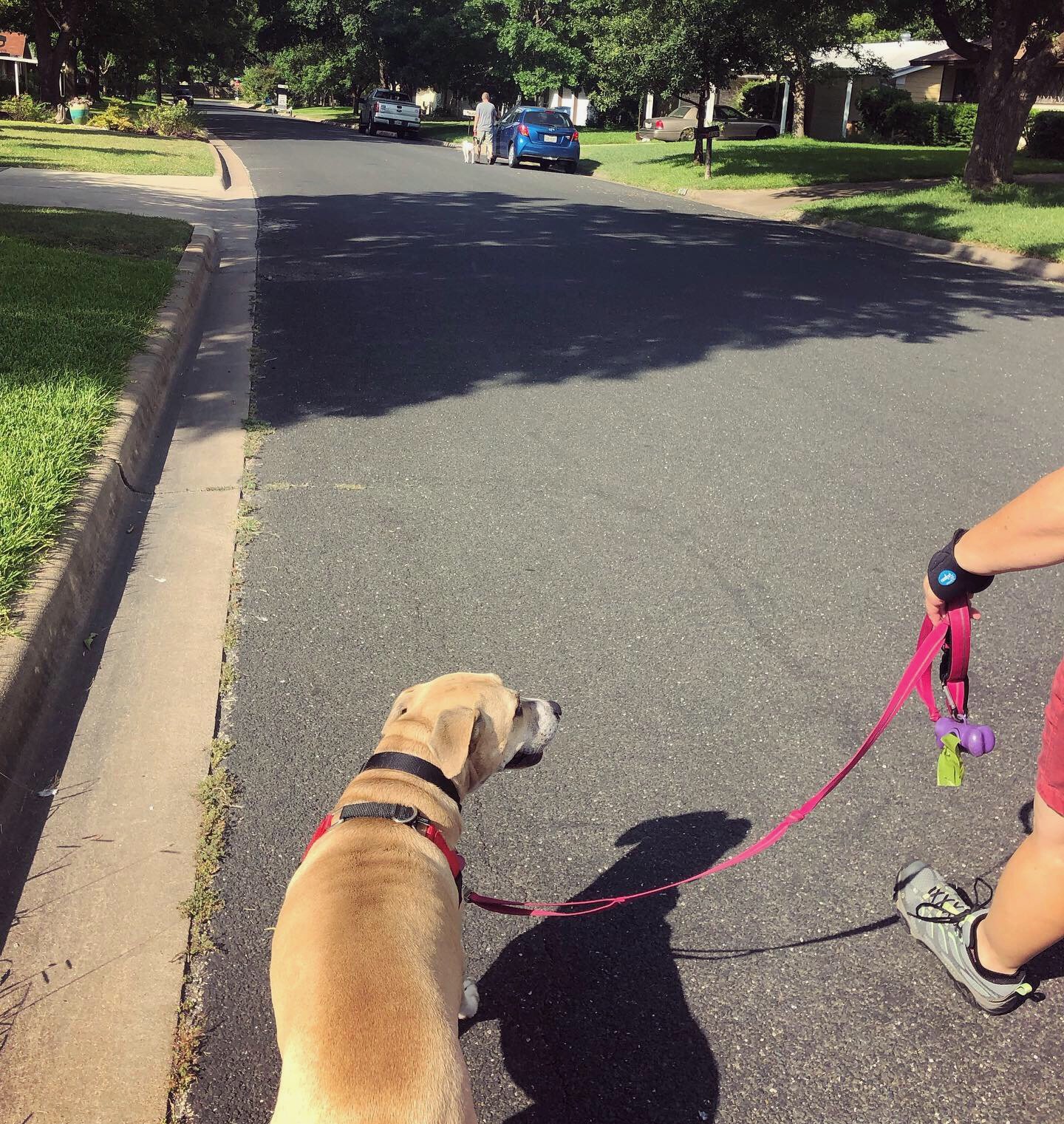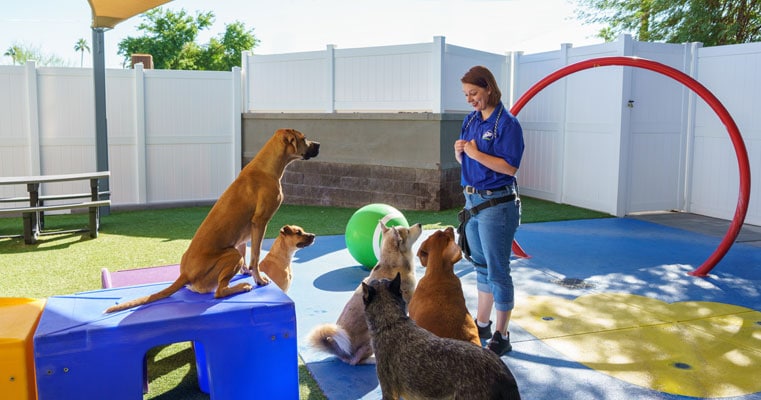Elevate Your Abilities with Local Dog Training Charlotte Programs
Elevate Your Abilities with Local Dog Training Charlotte Programs
Blog Article
Unlock Your Pet dog's Prospective: Proven Dog Training Techniques for Success
Reliable dog training is a nuanced process that hinges on understanding canine habits and utilizing clinically backed strategies. By including positive support, establishing clear commands, and focusing on socializing, canine owners can cultivate a productive connection with their pet dogs.
Comprehending Dog Actions
Understanding pet dog behavior is essential for efficient training and fostering a favorable connection in between dogs and their owners. A comprehensive grasp of canine body language, vocalizations, and social communications is important for acknowledging their requirements and emotions. Pets interact mainly with non-verbal cues; for example, a wagging tail might suggest excitement, while pinned ears can indicate fear or entry.

Additionally, environmental elements play a considerable duty in forming a pet dog's behavior. Modifications in routine, brand-new surroundings, or the presence of unknown people can result in anxiety or anxiousness in dogs. Recognizing these triggers enables owners to mitigate adverse responses and develop proper training approaches.
Inevitably, a deep understanding of canine habits lays the structure for successful training methods, improving both actions and the total bond in between the dog and its owner. Dog training. This understanding is important for cultivating a well-adjusted, delighted canine buddy
Positive Reinforcement Strategies
Effective training counts heavily on positive support methods, which have been revealed to produce substantial results in forming wanted habits in pets. This approach includes rewarding a canine for showing certain habits, therefore boosting the likelihood that these behaviors will certainly be repeated. Rewards can take various forms, consisting of deals with, appreciation, playthings, or playtime, relying on what motivates the private pet.

It is necessary to slowly phase out incentives as the pet dog discovers the behavior, transitioning to recurring support. This method preserves the behavior with time while protecting against dependence on constant rewards. By focusing on positive reinforcement, instructors can grow a relying on connection with their dogs, promoting a participating and healthy and balanced training atmosphere that improves general obedience and performance.
Developing Constant Commands
A basic element of successful pet training is the facility of consistent commands. Uniformity in commands is important for efficient communication between the trainer and the pet dog. When commands are uniform, canines learn to associate specific words with preferred actions, which increases the training procedure and enhances understanding.
To establish consistent commands, it is vital that all family participants use the very same terminology and gestures. If one person utilizes "rest" while an additional says "sit down," it can produce confusion for the pet. Select clear, distinctive words for commands and ensure everyone associated with the pet dog's training sticks to these options.
Reinforce commands with frequent practice, guaranteeing that the dog receives adequate possibilities to react correctly. When a dog successfully adheres to a command, immediate favorable support should comply with.
Finally, be person. Developing consistent commands takes some time and effort. With commitment and clearness, you will aid your dog develop a solid understanding of expectations, ultimately leading to a well-behaved buddy.
Socializing and Direct Exposure
Interacting socially a pet dog is crucial for cultivating a well-adjusted and certain companion. This process entails revealing your dog to a selection of environments, individuals, and various other animals to develop their social skills and flexibility. Early socialization, ideally between the ages of 3 to fourteen weeks, is critical, as it prepares for a dog's future habits.
During socializing, goal to provide favorable experiences in different setups, such as parks, busy streets, and homes with various other family pets. Introduce your pop over to this site canine to various stimulations, including audios, views, and smells, making sure that each experience is satisfying. This direct exposure aids minimize worry and anxiousness, leading the method for an extra durable canine.
Engaging in controlled team play sessions with various other canines can additionally enhance social abilities, instructing your family pet appropriate interactions and borders. Prioritizing socializing will significantly contribute to your pet dog's general joy and behavior throughout their life.
Overcoming Common Educating Obstacles

An additional constant issue is distraction. Dogs may have a hard time to concentrate in hectic or strange settings. Progressively desensitize your pet to distractions by beginning training in a quiet setting and gradually presenting more stimulations as they end up being efficient (Dog training). Positive reinforcement methods, such as deals with and appreciation, can keep motivation and focus.
Additionally, behavioral concerns like leaping or too much barking can come to be aggravating. Address these by instructing different habits, such as resting comfortably when welcoming guests. Consistency and persistence are crucial; enhance preferred behaviors consistently and prevent scolding, which can lead to confusion.
Lastly, recognize that each canine is special, and training timelines may differ. Tailor your strategy to your dog's individual demands, and look for specialist advice if required. With willpower and the right methods, getting rid of these difficulties can lead to a well-trained, satisfied canine buddy.
Conclusion
To conclude, opening a canine's potential requires a comprehensive technique that integrates an understanding published here of canine actions, the application of favorable reinforcement methods, and the facility of constant commands. Early socializing and exposure to varied atmospheres better boost a dog's adaptability and confidence. By dealing with usual training difficulties with customized approaches and perseverance, a unified and participating partnership between pet reactivity training for dogs dog and trainer can be promoted, inevitably resulting in a mannerly buddy efficient in prospering in different scenarios.
Efficient pet dog training is a nuanced process that pivots on understanding canine actions and employing medically backed strategies.Understanding canine behavior is crucial for efficient training and cultivating a favorable connection between pet dogs and their owners.Effective training counts heavily on favorable support methods, which have been shown to produce substantial outcomes in forming desired habits in pets. When commands are consistent, pets discover to connect details words with desired habits, which accelerates the training process and boosts understanding.
In verdict, unlocking a dog's possible requires a thorough approach that includes an understanding of canine behavior, the application of positive support methods, and the facility of constant commands.
Report this page